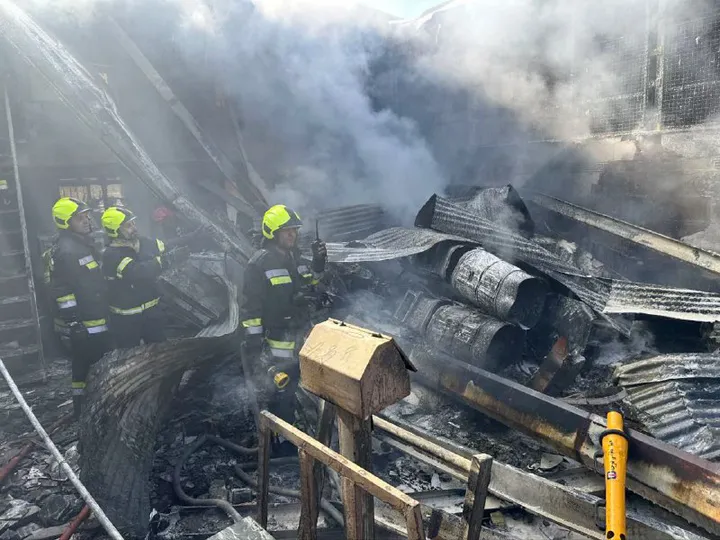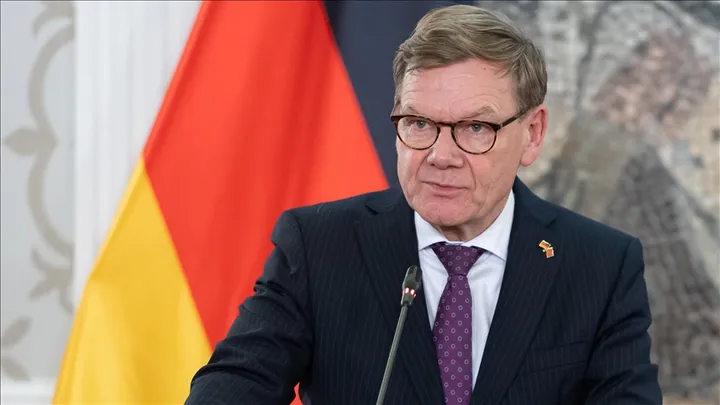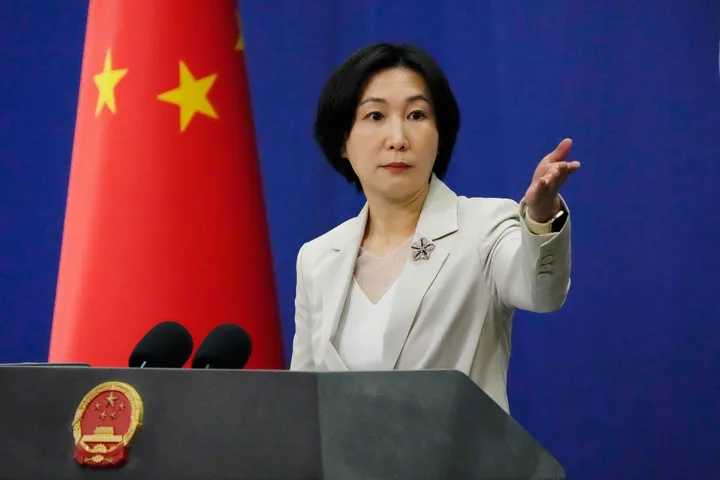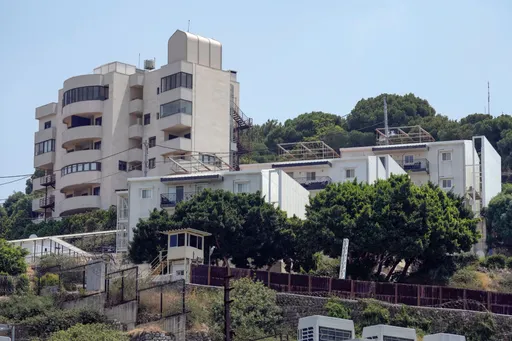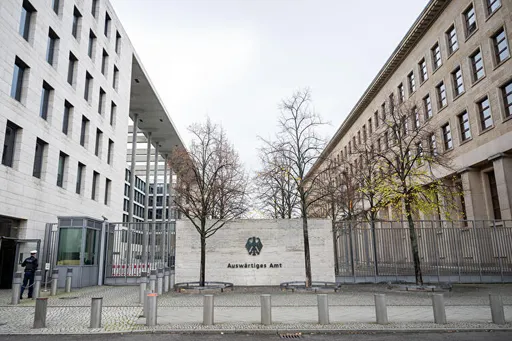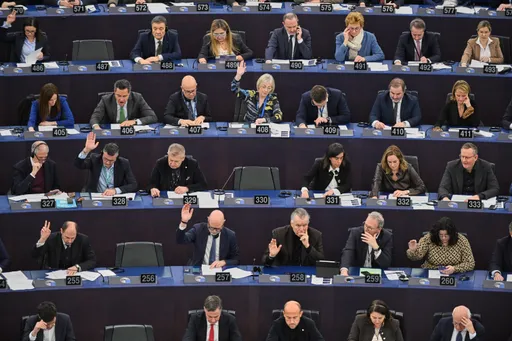After a plea bargain with prosecutors, Reza Zarrab has pleaded guilty to all seven charges brought against him and he has now become the main witness against the Deputy General Manager of a Turkish public bank, Halkbank, Mehmet Hakan Atilla.
Zarrab was arrested in March 2016 during a family holiday in Florida and it has since taken him over 18 months to eventually plead guilty. It is not clear yet whether he will receive a reduced sentence and some have suggested he could end up in the US Federal Witness Protection Program.
It’s been argued that plea bargains are a tool at the disposal of prosecutors when they aren't able to gather enough evidence against a defendant – that shows beyond a reasonable doubt – that a crime has been committed.
When prosecutors are aware that a case against a defendant is weak they have a tendency to file every charge possible against the defendant to “see what sticks” even though they know it might not stand in court. This creates fear and a perception in the defendant’s mind that they will not have a chance to a fair trial if it does go to court.
The defendant potentially already traumatised, yields under pressure, pleads guilty and provides a statement as bargained for. Defendants have a right to due process and should be presumed innocent until proven guilty – there are some who are in fact truly innocent when they plead guilty, but the fear of incarceration is too great to risk going to trial. If these sorts of cases were to be heard in a court of law without a guilty plea – most of the evidence would be deemed inadmissible as a result of the exclusionary rule.
Such intimidation, improper pressure and threats of retaliation against a defendant, or in other words, bargaining one’s rights, should be perceived as perverting the course of justice. Instead, it is referred to as “plea bargaining,” all in the name of saving taxpayer money.
The exclusionary rule prohibits the use of unlawfully obtained evidence that has been gathered in violation of a defendant’s constitutional rights in courts. However, unfortunately it does not prevent prosecutors from using the evidence to intimidate, pre-trial.
This rule aims to ensure that no defendant is a witness against himself and that no individual is deprived of life, liberty or property without due process of law through a fair trial. The rule finds its grounds in both the US Constitution and in Article 10 of the Universal Declaration of Human Rights (UDHR), and is an established rule of Customary international law.
In the highly publicised Zarrab case where Reza Zarrab has now been made a witness for the prosecution, the Turkish government and public prosecutors in Turkey allege that most of the evidence used against him was fabricated and obtained by illegal means – essentially coercing him into the guilty plea.
Now even if it is argued that the evidence wasn’t fabricated, falsified or forged, we have no way of knowing because it just wasn’t obtained by legal means, and there wasn’t a legal search or warranted seizure.
The source of a substantial amount of the evidence in the case, the overwhelming and incriminatory 10,000 pages of documents – which the defence attorney had to request a two-week delay to be able to review, but was denied, and the telephone conversations that were recorded without the consent of either party or a warrant – are still a mystery.
Where did all this evidence originate from? Without a search warrant and without legal seizure of documents is it not possible that there has been prosecutorial misconduct?
The prosecution filed every charge possible and it’s entirely plausible that Zarrab was compelled to self-incriminate, and even incriminate others, namely Hakan Atilla, to simply buy his way out of the charges.
This is exactly what the US constitution and the UDHR aim to prevent. The inadmissible evidence that led Zarrab to plead guilty, indirectly now makes Zarrab’s witness statement the only evidence in the Zarrab case – and Zarrab is no longer even a defendant.
Guilty or not, we should not forget we are not the appropriate authorities to judge – for fear of contempt of court – but it is clear that there were procedural issues where Zarrab was compelled to "sell" one of his fundamental rights, and that is the right to a fair trial, in order to secure another fundamental right: his freedom. Fundamental rights should never be the currency in any bargain or trade in the search for justice.
In the UK, such a trade-off is restricted by only allowing for a reduction in sentence and not a complete waiver. This is to prevent prosecutorial misconduct and coercive manipulation of innocent people into pleading guilty, which in turn leads to an illegitimate legal outcome. Which would you choose when facing a 30-year sentence, guaranteed freedom in return for a mere statement or an unpredictable trial overwhelmed with exaggerated charges?
It has been argued that the methods employed by prosecutors in the US legal system, like overwhelming defendants with charges or evidence that would not uphold in court are similar to, “a difference between having your limbs crushed if you refuse to confess, or suffering some extra years of imprisonment if you refuse to confess. Plea bargaining, like torture, is coercive.”
The prosecution has built the case on an extremely weak foundation by basing the whole case against Hakan Atilla on the one statement of an unreliable witness – Reza Zarrab, whose credibility is being questioned for providing a statement taken under pressure.
What's a real pity is that we forget everyone is innocent until proven guilty and nobody should be in a justice system that calls for the trading off of their fundamental rights.
Since the process was initiated and Zarrab was first arrested I had always argued against any of the conspiracy theories that this was a politically charged case with the underlying intention of placing Turkey, as a nation, on the stand. I had argued in favour of the Zarrab case being about an Iranian individual who carried out transactions all over the world, related to US companies in violation of US sanctions. Which is what it would have been, had Zarrab been tried for his actions.
However now as we can see Zarrab is no longer even a defendant, which raises the question of who here exactly is on trial and what are they being charged with?
If it's not Zarrab, the rich businessman with the popstar wife, who is the case actually against?
A Deputy Manager of a Turkish bank which does not have any operations in the US? However, the case is still being called the Zarrab trial yet someone else is now being tried. And there is no concrete case against the current defendant Hakan Atilla, other than Zarrab’s coercively obtained statement.
This delegitimises the case because, if Zarrab is not being tried, then the US does not have jurisdiction to investigate and question transactions in Turkey, regardless of whether or not they include bribery allegations.
The case seems to have turned into a showdown of bribery in Turkey and not even about evading sanctions anymore. Legally, any such investigation would be only within the jurisdiction of the courts in Turkey and strictly subject to Turkish law.

